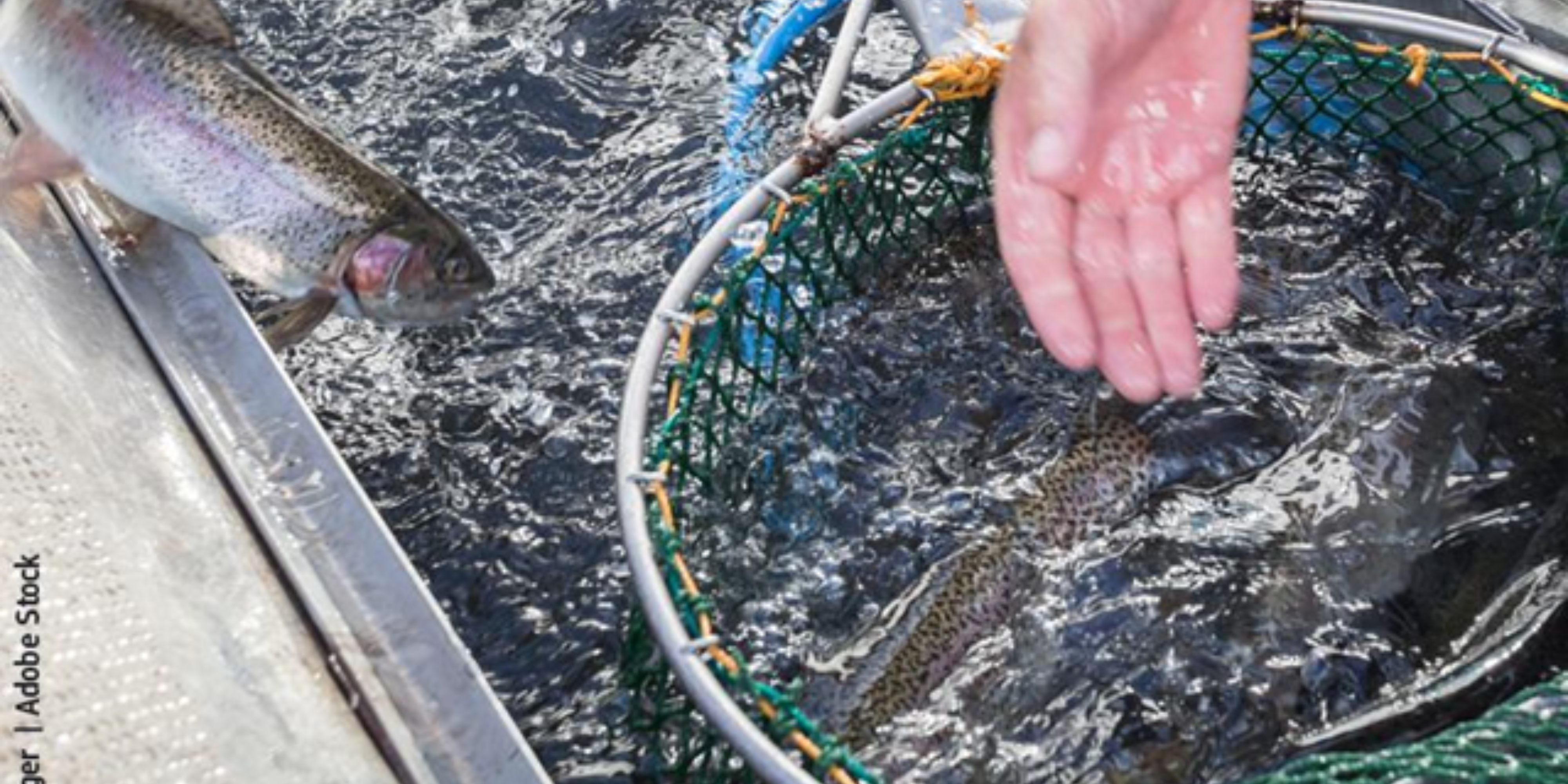Following the adoption of the Partnership Agreement 2021-2027 with Austria, the Commission has adopted the European Maritime, Fisheries and Aquaculture Fund (EMFAF) Programme for Austria, to implement the EU common fisheries policy (CFP) and EU policy priorities outlined in the European Green Deal. The total financial allocation for the Austrian Programme 2021-2027 is EUR 15 million over the next six years, of which the EU contribution accounts for EUR 6.7 million. The Fund will support Austria in promoting sustainable inland fisheries, aquaculture and processing activities, the conservation of aquatic resources and food security through the supply of fishery products.
Commissioner for Environment, Oceans and Fisheries, Virginijus Sinkevičius, said: “The European Maritime, Fisheries and Aquaculture Fund supports innovative projects contributing to the sustainable management of aquatic resources, also in landlocked Member States, such as Austria. Through this Programme Austria will continue its excellent record of building a resilient, sustainable and low-carbon inland fisheries, aquaculture and processing sector, supporting Europe’s objective of decarbonising our economy.”
EMFAF supports a competitive and innovative aquaculture sector
The programme is built upon the context of the Austrian inland waters, and will allow Austria to build a resilient, sustainable and low-carbon inland fisheries and aquaculture sector, in line with the EU Strategic guidelines for a more sustainable and competitive EU aquaculture for the period 2021 to 2030, as well as to boost the digital transition of the sector.
The programme will also help building a stronger aquaculture and processing sectors in Austria, support the decarbonisation of the sector, increase profitability and sustainability of the entire market chain, while also contributing to the enforcement obligations to ensure the improved traceability of fish products.
Main expected outcomes for 2021-2027
About 5 innovation projects are to be realised for the EMFAF implementation period, allowing for the transfer of knowledge, innovation and technology to the aquaculture and processing sectors.
64% of the EMFAF allocation will be dedicated to promoting innovative investments and reducing the impacts of climate change while fostering environmental protection and biodiversity conservation, thus contributing to the EU’s climate objectives.
Thanks to the Fund, sustainable production in the aquaculture sector should increase by around 800 tonnes/year. There are 33 operations planned in the field of promoting marketing, quality and value added of fisheries and aquaculture products, as well as processing of these products.
The planned EMFAF interventions should allow around 54 entities in the aquaculture or processing sectors to improve their resource efficiency.
The communication campaigns will continue to raise awareness of sustainable, regional or organic fisheries and aquaculture products, which will ultimately help boost the sales of such products.
In the field of data collection, the main objective of the Programme is to improve data collection and management and carry out studies on fish stocks in lakes and data collection on organic aquaculture (including socio-economic and environmental data).
The improvement of quality in the traceability of aquaculture products will be ensured via protected indications of origin and associated monitoring and control systems, molecular biology analysis techniques and development of IT systems for data management and exchange between stakeholders and public authorities.
Background
The EMFAF runs from 2021 to 2027 and supports the EU common fisheries policy (CFP), the EU maritime policy and the EU agenda for international ocean governance. The fund helps achieve sustainable fisheries and conserve marine biological resources.
Article 8 of the EMFAF Regulation (EU) 2021/1139 requires Member States to produce a national implementation programme for the EMFAF. This operational programme focuses on EU priorities, laying down the strategy and investment priorities, including the indicative annual financial allocation for each priority. The programme is subject to approval by the European Commission.
Source: European Commission I Oceans and Fisheries (https://bit.ly/3z56KmN)
